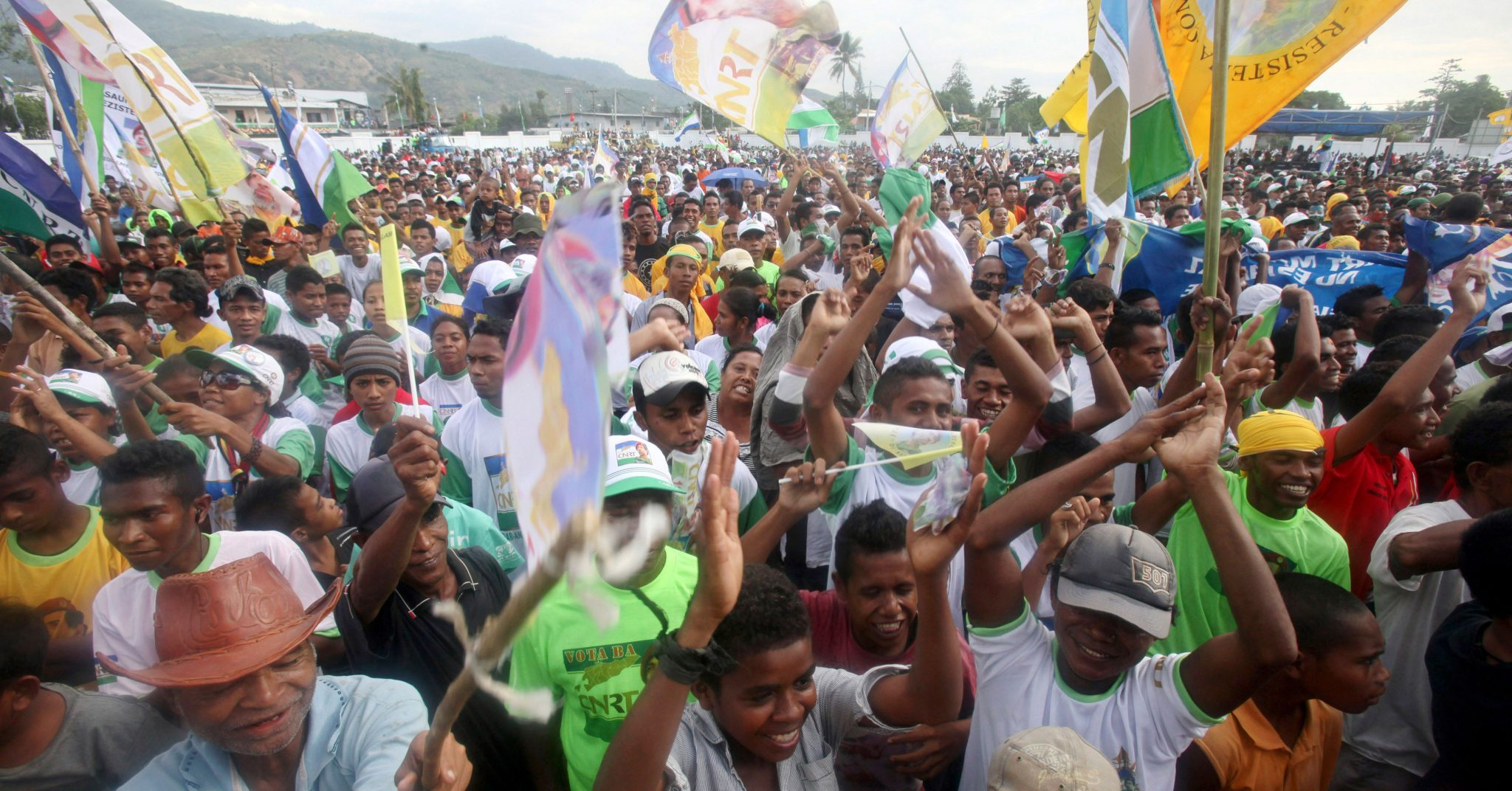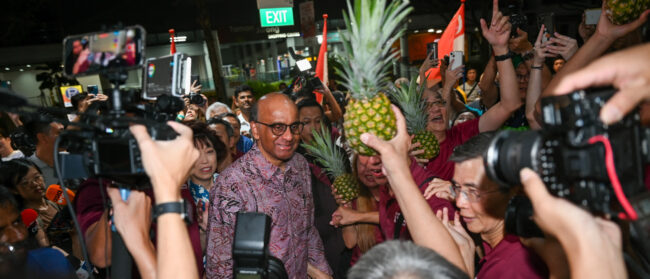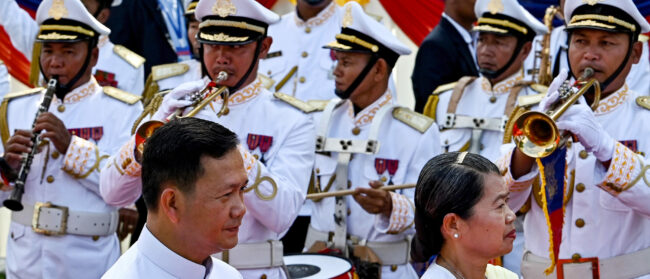Timor-Leste’s Court of Appeal has this week handed down the result of the country’s 12 May parliamentary election, confirming a count that delivered an unusual outright victory to the coalition Change for Progress Alliance, or AMP.
It’s the next step in a protracted process that saw the country survive nine months of political gridlock and an unprecedented dissolved parliament. But administrative hurdles continue to keep a new government out of reach.
The election result remains unofficial until it is published in the country’s national gazette, the Jornal da República, and once it is, parliament has 15 days to have its first sitting. National TV network TVTL announced yesterday that the sitting would take place on 12 June.
The delay gives the coalition time to negotiate its ministries and grapple with the inherent ideological divisions of its parties – and it gives Dili the space to speculate on the identity of the new prime minister.
While international media predicts a return to power for former President and Prime Minister Xanana Gusmão, whose National Council for Timorese Reconstruction (CNRT) party led the victorious coalition, rumours swirl that Gusmão will instead anoint former President and coalition senior Taur Matan Ruak, who, like Gusmão, fought in the country’s independence struggle.
Ruak’s People’s Liberation Party is a grassroots development group with a focus on governmental transparency, placing it firmly at odds with the big-spending CNRT. The party’s last government presided over millions of dollars of poorly considered infrastructure megaproject, shadowed by a corruption scandal that led to then-Finance Minister Emilia Pires’ resignation.

Bec Strating, a Southeast Asia politics and international relations lecturer and researcher at Australia’s LaTrobe University, points to incendiary speeches Ruak has given against CNRT’s spending as evidence of fissures between the coalition’s two major players.
“Coalitions can be profoundly unstable, particularly when you’re talking about a small country with buttloads of resources, a $16 billion petroleum fund.” she says. “There isn’t a strong sense of party identification; it’s about the people involved. They can shift alliances among themselves with whatever suits their interests. There’s a false sense of order that could come crashing down.”
The outright victory secured by AMP in last month’s election is unusual in Timor-Leste’s proportional voting system, and represents a clear endorsement of the coalition. May’s unprecedented early election followed nine months of political gridlock after a minority government led by the Revolutionary Front for an Independent East Timor (Fretilin) failed to gain parliamentary support for its program.
The World Bank reports that restricted government spending during the deadlock contracted GDP by 1.8%.
But CNRT’s vote fell at last July’s election, and Dr Strating cautions against conflating constituents’ endorsement of the coalition, whose majority will see government activities resume without delicate minority-government negotiation with Gusmão’s personal interests.
If Gusmão does return as prime minister, a plan to develop the lucrative untapped oil and gas resources in the Timor Sea will certainly be a government priority.
Timor-Leste and Australia reached an historic agreement on their shared maritime boundary in March this year, with Gusmão negotiating on Timor-Leste’s behalf. He’s adamant that resources from the Greater Sunrise basin will be piped to Timor-Leste for processing, but the proposal has limited support and developers believe the pipeline is too risky due to the deep Timor Trough it must cross.
“No independent advice says the pipeline is a good idea,” says Dr Strating. “On its face it’s an incredibly risky strategy that makes me wonder if Gusmão has something else to implement. Whether he’s trying to negotiate with China… who knows what he’s got planned.”
The coalition’s unity will be key to its success, she says.
The third coalition member, newcomer Khunto, has connections with unemployed youth and martial arts groups, and is unlikely to hold significant power in the crowded marriage.
A political impasse, a rerun election and a maritime boundary battle have distracted Timor-Leste temporarily from serious thought about its future. Now, as bureaucracy turns its wheels, serious questions stand for the new government of Asia’s youngest nation, which still bears the scars of a two-decades-long struggle for independence and where 41 per cent of the population lives below the poverty line. Will AMP govern for the progress it promised?


